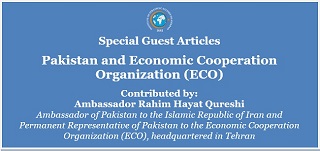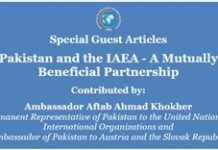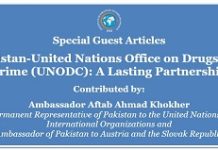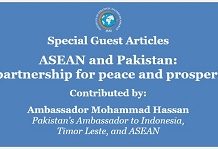Introduction
The economic cooperation models of European Union and ASEAN are seen as examples of best practises for regional economic collaboration. The basic premise of these organizations is that complementary economic practices provide a conducive environment for trade promotion and help reduce obstacles to free market exchanges. This was also an important objective for the founding of Economic Cooperation Organization (ECO) through collaboration between Pakistan, Iran and Turkey in 1985.
The predecessor organization of ECO was the Regional Cooperation for Development (RCD), founded by Pakistan, Iran and Turkey for enabling socioeconomic development of the inhabitants of the Member States. At a time when the world was bereft of global and regional vision and shared solutions, RCD called for effective multilateralism at the regional level and held the promise of regional economic integration. The idea was to channel the historical affinity and brotherhood among the three countries to establish a well-defined multilateral platform. It was envisioned that the primary focus would be on promotion of economy through trade and connectivity as well as further strengthening of the cultural bonds.
By the 1980s, however, RCD had clearly failed to meet expectations regarding establishment of a mechanism for trade liberalization and realising the region’s latent trade potential. In addition, it had been able to implement an abysmally small number of the envisaged/approved projects under its portfolio. With the arrival of the Islamic Revolution in Iran in 1979, the Organization lost its vitality and came to an end.















